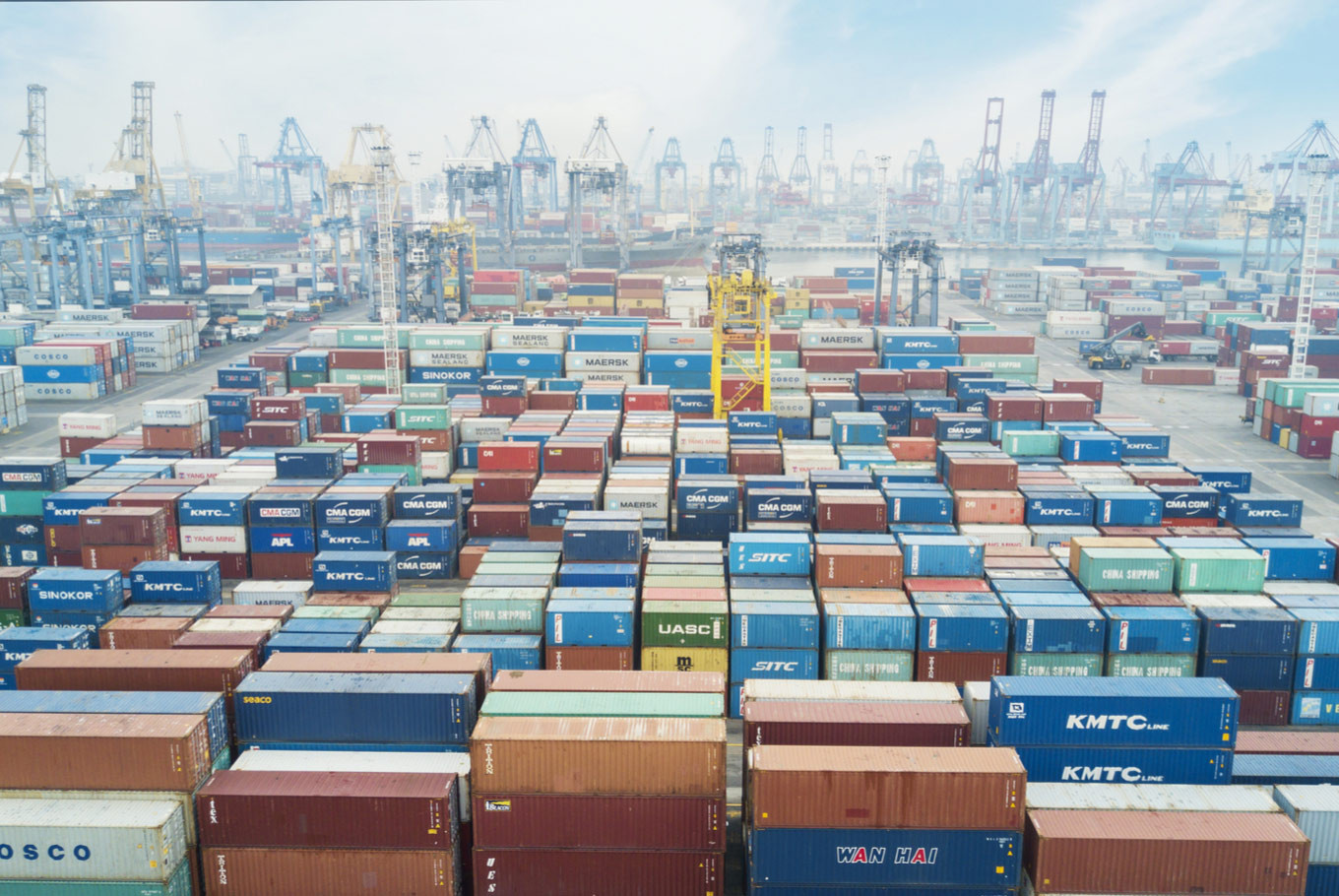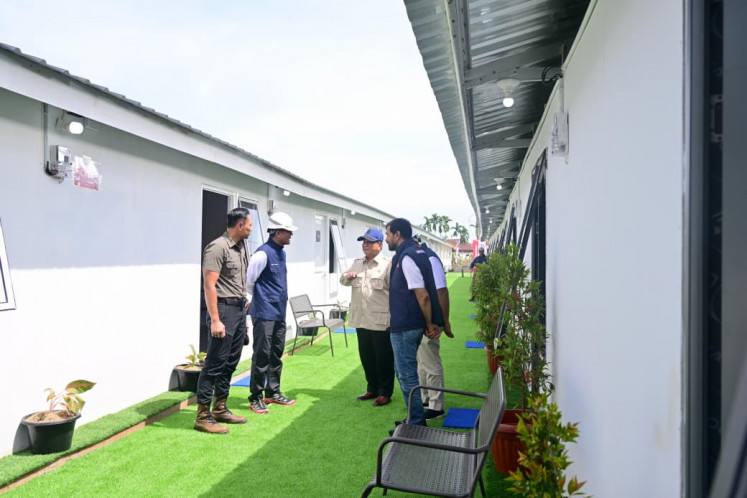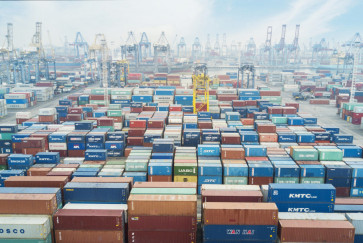Popular Reads
Top Results
Can't find what you're looking for?
View all search resultsPopular Reads
Top Results
Can't find what you're looking for?
View all search resultsGlobalization under attack
Confidence in globalization started faltering, as more and more countries are now turning away from open and free trading systems to restrictive trading.
Change text size
Gift Premium Articles
to Anyone
I
n 2011, Dani Rodrik in his book The Globalization Paradox wrote: “Historically, large trade imbalances have created large fertile ground for protectionism. If China’s trade surplus does not shrink, the United States will likely resort to trade barriers directed at China’s exports, inviting retaliation from China. A major political backlash against China’s trade and globalization will become a real possibility”. What Rodrik wrote eight years ago then is no longer a possibility. It has become a reality.
President Donald Trump, who was irritated by the US$500 billion annual US trade deficits with China, has slammed imports from China with huge tariffs increases, inviting retaliation from China to impose tariffs on imports from the US. Trump’s action was the latest example of the growing backlash against globalization. Discontent against globalization has been brewing for some time and has triggered protests — sometimes with violence — in many countries. And it has become one of the reasons for the rise of nationalist-populist movements all over the world.
It was an irony, since globalization — which is understood as free movement of goods, services, capital, people and ideas across borders — was a reason behind the boom of the world economy since the 1970s, where world economic growth and prosperity has reached an unprecedented level and hundreds of millions of people have been alleviated from poverty.
Between 1970 and 2008, the world output of goods and services quadrupled while the number of people living in extreme poverty dropped from 42 percent of the population in 1993 to 17 percent in 2011. The percentage of children dying before their fifth birthday declined from 22 percent in 1960 to less than 5 percent by 2016.
As trade barriers fell everywhere, and more and more countries opened to investment, trade and investment bloomed across many countries. The process was accelerated by the advent of information technology (IT) that has brought down the cost of production and transportation, and by China’s economic transformation into a market economy and it joining the World Trade Organization (WTO) in 2001.
The process has enabled companies to gain more efficiency in the production process with the emergence of a global supply chain, where different stages of production are located in different countries determined by their contribution to cost efficiencies. Trade in intermediates, parts and components expands across national boundaries. Through this process, emerging economies have been able to participate in the production of increasingly sophisticated products and increase their economic well-being.
These promising prospects of economic growth naturally should continue, but the reverse is true. Confidence in globalization started faltering, as more and more countries are now turning away from open and free trading systems to restrictive trading. According to the World Bank, since the global financial crisis in 2009, some 6,600 trade barriers — tariff and nontariff — have been erected by G20 countries. Cross-border financial flows have dropped from 23 percent of world gross national product in 2008 to 6 percent now.

















